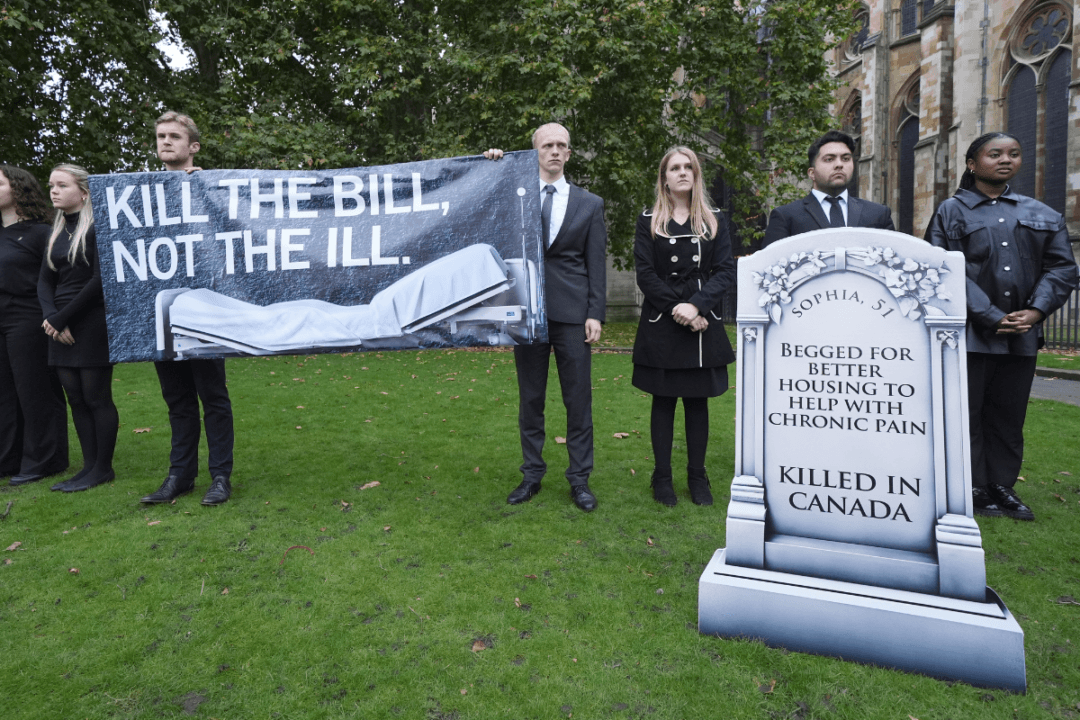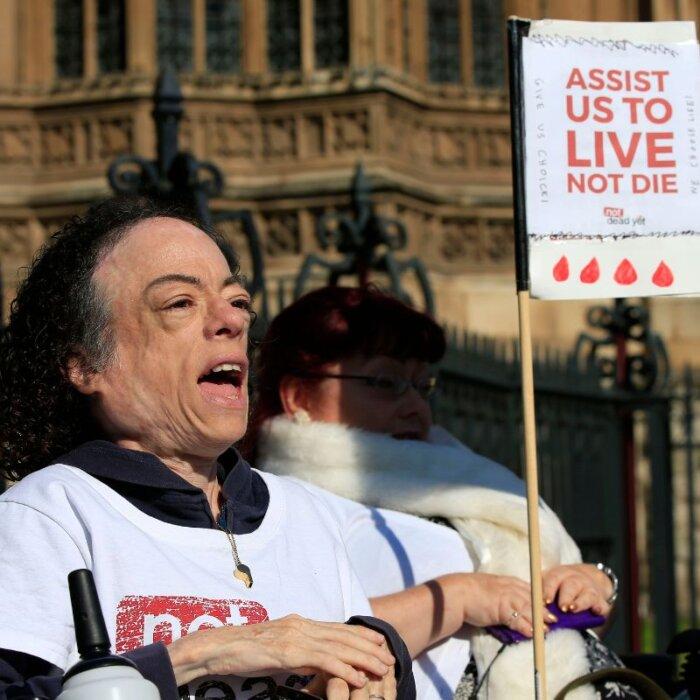Health Secretary Wes Streeting has said he will vote against the assisted suicide bill because end-of-life care in the UK is not good enough to give the terminally ill a “real choice.”
Streeting also said he was worried about vulnerable ill people being “coerced into taking this route” to end their own lives.
Explaining his position, Streeting told Good Morning Britain on Tuesday: “I’ve come down this time on voting against the bill on the basis that I worry about palliative care—end-of-life care—not being good enough to give people a real choice.
“I worry about the risk of people being coerced into taking this route towards the end of their life.
“And I also worry—even where you’ve got really loving families who are very supportive—about those people who think they’ve almost got a duty to die to relieve the burden on their loved ones.”
Streeting’s openness about his position comes after Justice Secretary Shabana Mahmood said she would not be backing Leadbeater’s bill, on religious grounds.
“I don’t think that death is a service that the state should be offering,” she added.
High-Profile Support for Bill
Streeting’s previously unconfirmed comments had prompted criticism from Dame Esther Rantzen, the Childline founder and assisted suicide campaigner who revealed last year that she has stage four lung cancer.Rantzen told GMB last week that she was “sad” when she had heard Streeting, “a very influential man,” would be voting against the bill.
GMB played the clip to Streeting, which contained Rantzen’s erroneous claim that as a minister, he was ignoring the government’s advice to stay neutral.
“The government is neutral. Ministers are able to vote however we want—we’re subject to a free vote,” Streeting said.
He added that while he respected Rantzen and his Labour colleague, Leadbeater, “I also have to think about the people that don’t have a prominent voice in this debate and whose interests might not be well served by this legislation.”
Vote Against in Labour’s Wales
Streeting observed that the debate on assisted suicide was not divided neatly along party lines, “and that’s why I think the prime minister was absolutely right to say that this is a free vote, MPs should vote according to their judgment and their consciences, and that the government will remain neutral. Even as ministers take their own positions, the government doesn’t have a view.”He added, “Ultimately it'll be for parliament to decide. As a government, we will implement whatever parliament decides.”
Last week, a vote in the Labour-led Welsh parliament rejected a motion in support of assisted suicide, which would have also endorsed a change in the law at Westminster.
Major figures within the Welsh government also voted against it, notably First Minister Eluned Morgan and Secretary for Health and Social Care Jeremy Miles, who said if Westminster passed any laws allowing assisted suicide, it would have “huge ramifications” for Wales.
While the Senedd cannot change the law itself—that power resting with Westminster—the vote demonstrated a symbolic rejection of legalising assisted suicide in Wales.







